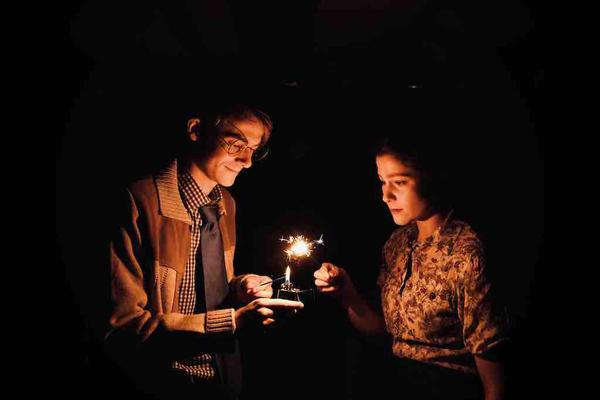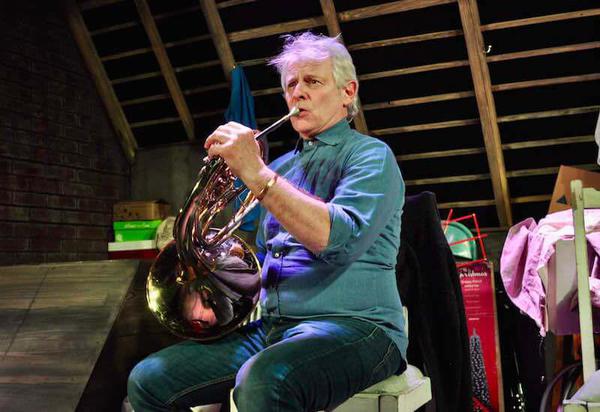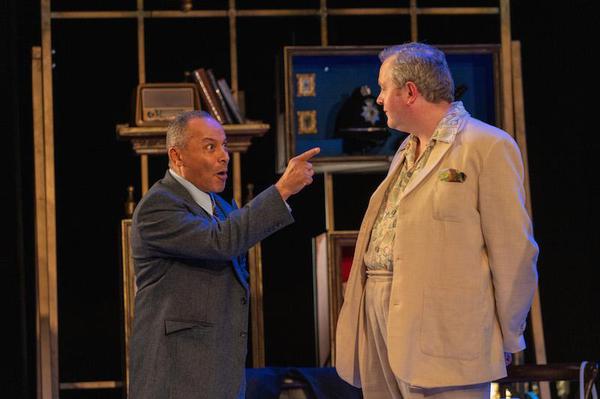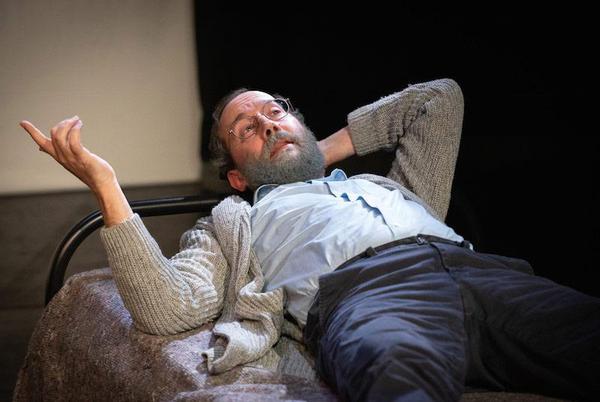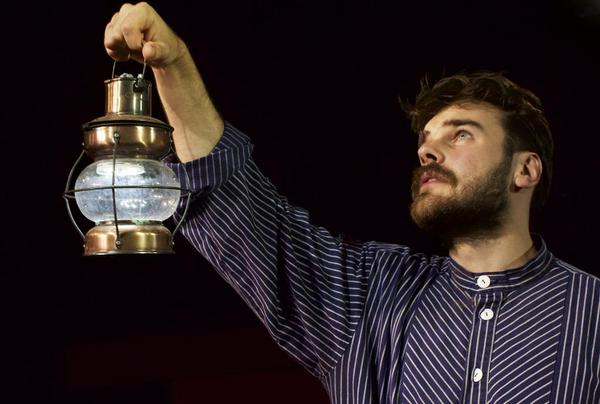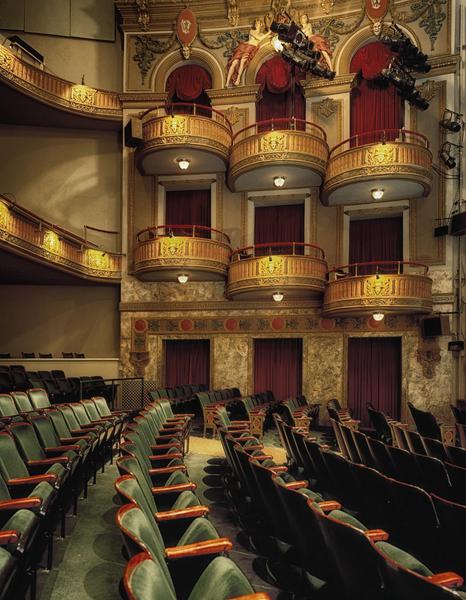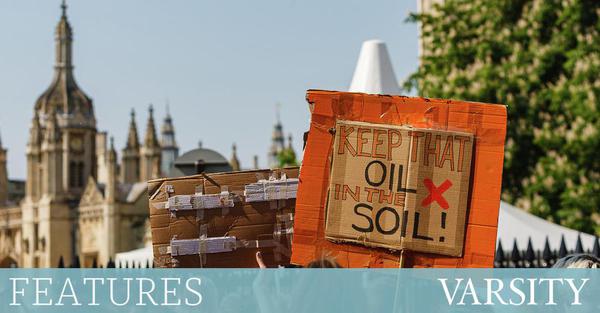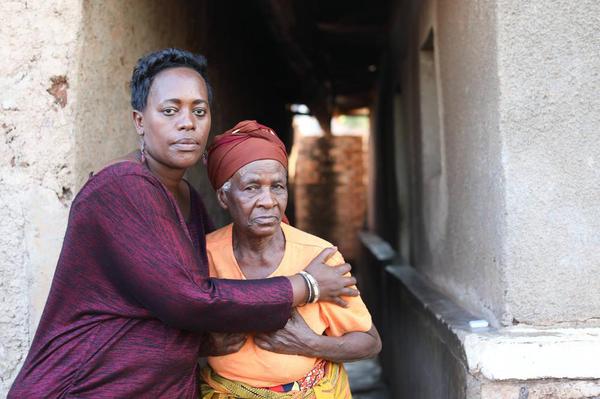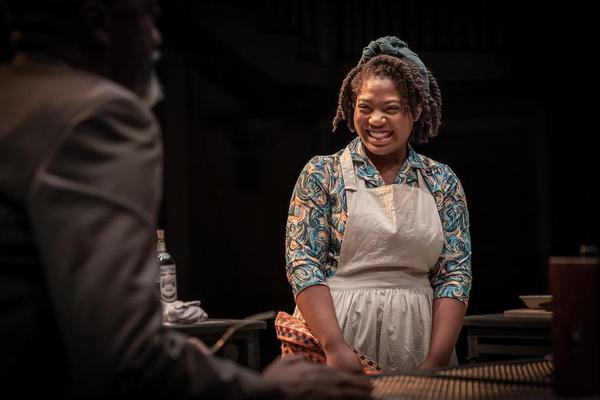
Meetings – The Orange Tree Theatre, London
It’s no coincidence that both words echo in the play’s title, one subsumed within the other. Such duality of meaning is a nod to the dynamics and conflicts which pervade the play: meeting vs eating, the global vs the domestic and progress vs the past. And so, just like its title, this is a play which is deceptively simple, initially appearing to be comfortably confined to the domestic, culinary set



